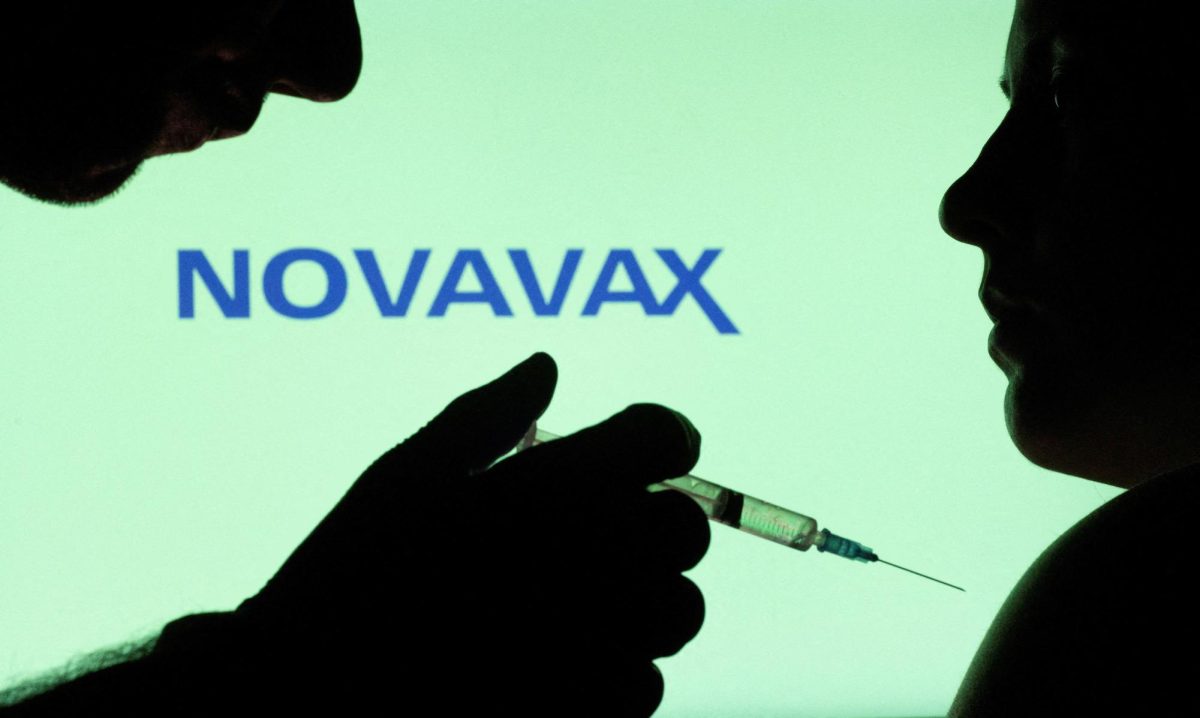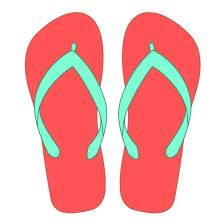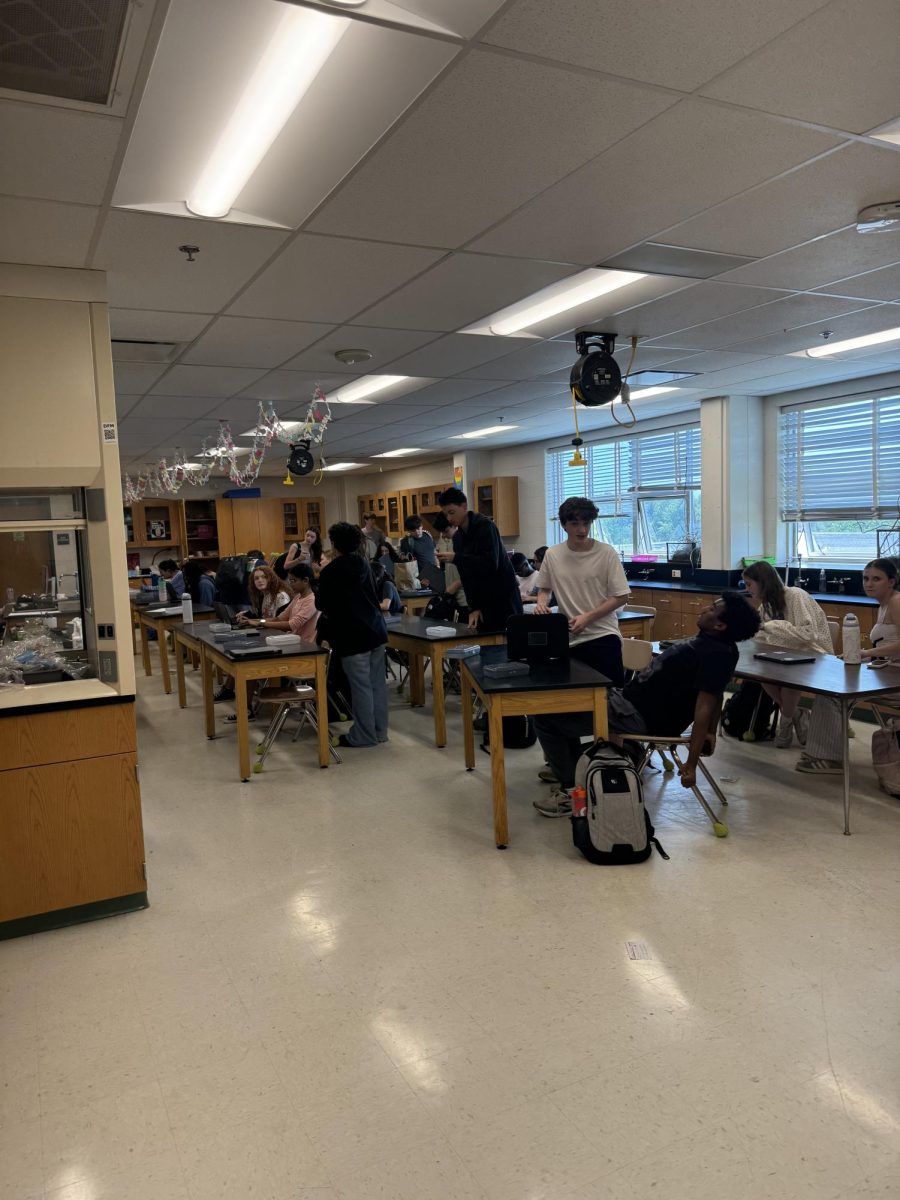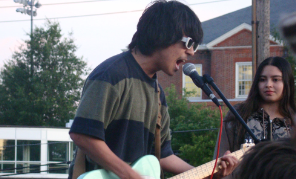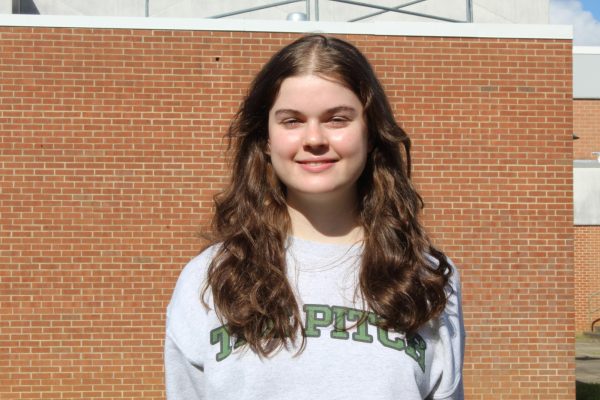On March 12, 2020, MCPS students were delighted to go home with the promise of a two week break. The final bus ride home was celebratory as friends said goodbye to each other and promised to see each other soon. When students returned to school in August of 2021, everything had changed.
The pandemic was one of the most tumultuous times in recent history. Seemingly overnight, everyday activities grinded to a halt as fear of the pathogen spread. Kids were kept at home and couldn’t speak in person for months. Five years later, the consequences of the pandemic are still being felt, even if they aren’t talked about.
This long term isolation from peers hurt the social skills of many young people. Walking through the halls, it’s more common to see students with their airpods in or on their phones instead of engaging with their friends or classmates.
“It made me a lot more self-aware…,” freshman Henry Sobel said. “It made me a lot more focused on improving myself because I was all alone in my room just like everyone else.”
For many, the years of the pandemic are a blur. It seems like as a culture, everyone is trying to forget about what happened. This isn’t unusual, though. In the 1920s, after the influenza pandemic, there was little discussion or remembrance of the event as the world desperately tried to move on.
“I think it’s uncomfortable to think about,” sophomore Charlotte Shelton said. “So many of us did a bunch of cringy things to feel anything [while] at home doing nothing. It’s just weird to talk about. It’s weird to think about it as a major event that happened in our lives.”
Even so, physical reminders remain. The stickers on the floor telling people to remain six feet apart and the signs around the school that state, “mask on or off, it’s still me.” These mementos have become a part of daily life, even though they’ve lost their meaning. Nostalgia for trends like Tiger King, Among Us and the Renegade also springs up periodically.
“It seems like a long time ago, Covid, I mean. I was in seventh grade, now I’m a junior,” Michael Tedla said.
Even though most students admit that it was an important event with far reaching impacts, many say that they themselves were not significantly changed.
“I don’t think it had much of an effect on me,” senior Yahav Gentry said. “I still got to hang out with my friends. School was fine. It wasn’t that big of a deal for me personally.”
However, the answer to this question has a large part to do with age. The pandemic was more distressing for the younger children who didn’t have a way of communicating online with friends.
“I lost a lot of friends, especially because I was in elementary school,” Shelton said. “I had no phone. The only friend I got to keep in contact with [during the pandemic was because] our parents both had Skype and we would Skype everyday. I lost like all of my other friends until I entered middle school … So I think that was rough on me.”
The pandemic remains an unpleasant memory for many. However, forgetting that it happened is not the way to move on. Even though the trauma of that time is painful to think about, it’s necessary to heal as a community.
“It’s not really a positive memory in most people’s minds,” Sobel said. “But I think talking about it more would improve the social outlooks of a lot of people.”


